CIC Releases Report on Online Learning Collaboration
Jun 19, 2013, 12:18 PM
An ad hoc committee of Provosts of CIC universities have released a position paper on online education that puts the focus squarely on the fundamental academic values and pedagogical principles that need to be infused in emerging instructional technologies.
Technological reform in higher education ought to be seen as an occasion for rethinking teaching and learning, for examining and questioning entrenched ways of doing things, and for trying out new ideas and approaches. The driver must be high quality teaching and learning, regardless of the mode of delivery.
--CIC Online Learning Collaboration: A Vision and Framework
An ad hoc committee of the Provosts of the CIC universities have released a position paper on online education that puts the focus squarely on the fundamental academic values and pedagogical principles that need to be infused in emerging instructional technologies.
While much of the current buzz about MOOCs is about the technology, in "CIC Online Learning Collaboration: A Vision and Framework," the committee of provosts reframe the discourse to assert the primacy of the purpose of these online opportunities: "they are—or should be—a function of pedagogically sound and cost–effective strategies that advance our institutional missions in ways that best serve our students, are fair to our faculty, and advance the interests of our communities."
In an Inside Higher Ed article about the report, University of Minnesota Senior Vice President for Academic Affairs and Provost, Karen Hanson, who serves as chair of the CIC, said the CIC universities have the expertise to build their own infrastructure and a history of working together. “The CIC has had a history of cooperation here as well, so the idea that we might seize this moment to begin to build a shared infrastructure for online offerings has definitely elicited interest from some of our members.”
CIC Executive Director, Barbara McFadden Allen, described the report as "the beginning of the conversation," about how to best use online platforms to generate unique opportunities for students and faculty, harness campus expertise, and foster new modes of collaboration.
